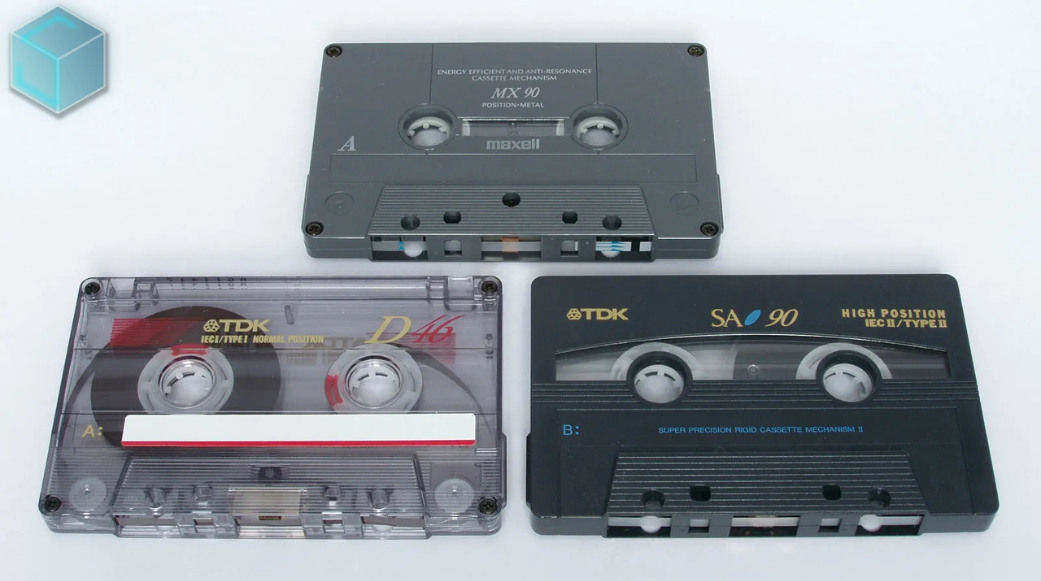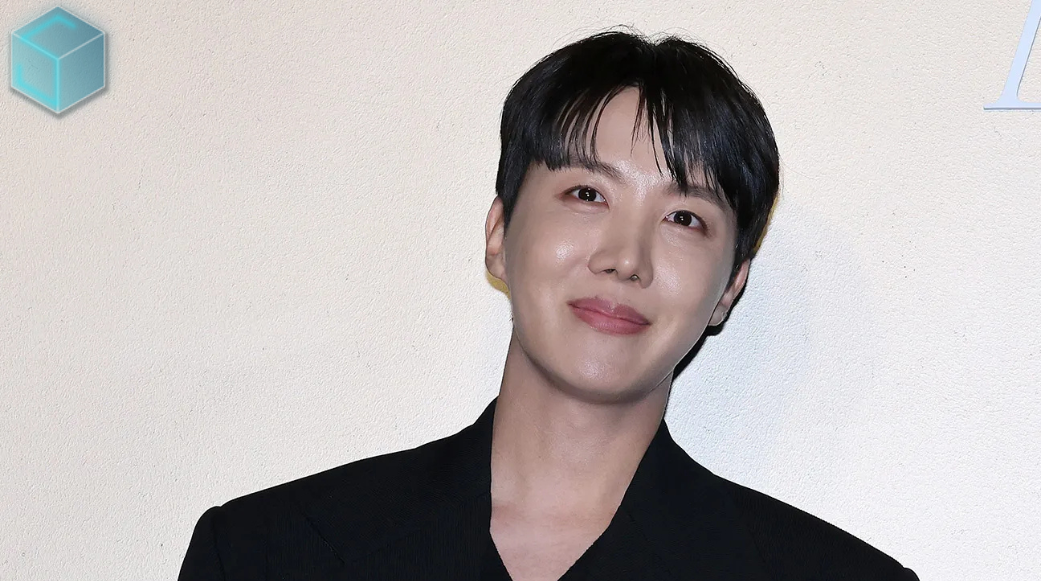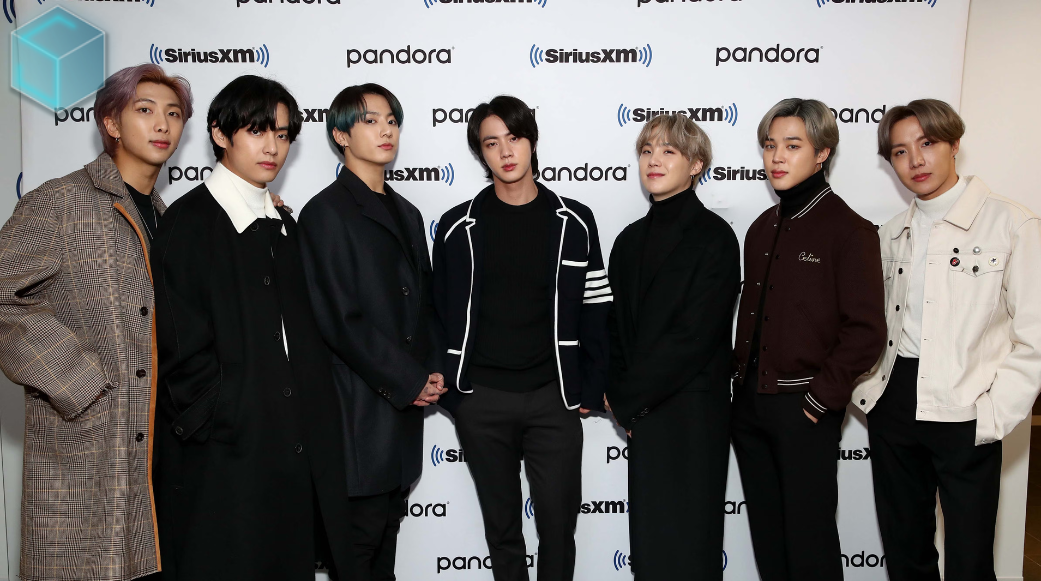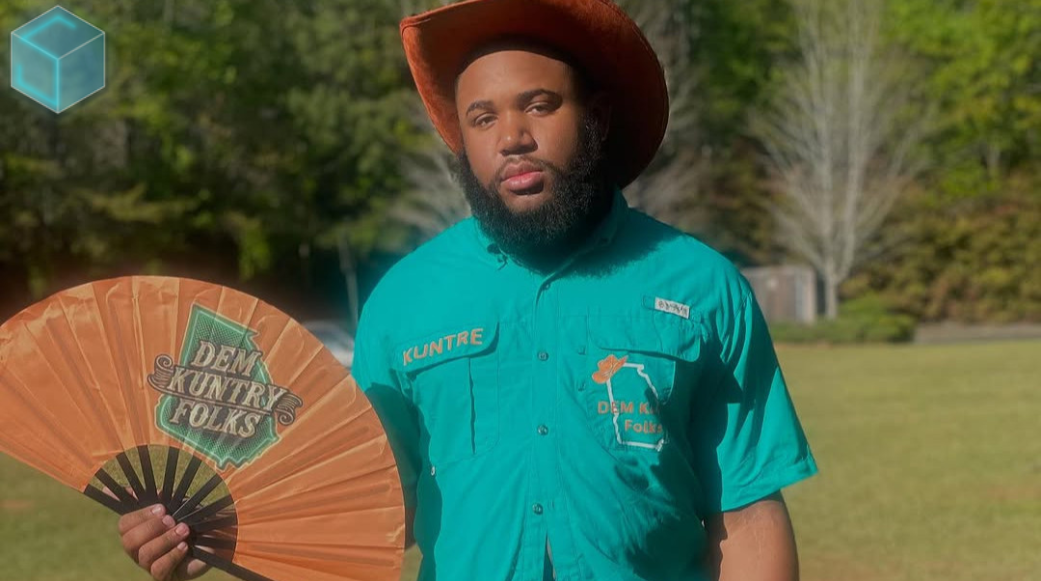
October 23, 2025
Discover how Mix Master strengthens your brain just like an instrument - training focus, creativity, and emotional intelligence through the science of sound.
Read more.png)
September 8, 2025
Tools like Suno are now powerful enough to generate melodies, lyrics, and even full songs in seconds. That’s exciting—and controversial. Just ask Timbaland. Recently, he came under fire..
Read more
August 23, 2025
The 1980s and 1990s analog music medium known as cassette cassettes is experiencing an unanticipated comeback, with Gen Z spearheading the trend. Taylor Swift, who included cassettes in the release...
Read more
August 23, 2025
This week's most notable headline: Doja Cat's erotically charged, '80s-inspired music video, "Jealous Type," is dominating social media feeds and cultural discourse, marking her most daring...
Read more
August 23, 2025
J-hope and GloRilla's "Killin' It Girl," a spectacular blend of K-pop flare and shameless hip-hop heat that has taken the world by storm, is this week's winner of the Best Collaboration of Summer...
Read more
August 23, 2025
Carly Rae Jepsen is giving fans the ultimate gift for the 10th anniversary of her critically adored album Emotion: a special edition featuring four never-before-heard tracks and two fresh remixes...
Read more
August 23, 2025
The wait is over, ARMY! BTS is officially back together and balancing work and play in their first moments of reunion after completing mandatory military service. J-Hope sent fans into a frenzy...
Read more
August 23, 2025
Christian music stepped outside of its quiet comfort zone in 2025. "Hard Fought Hallelujah," a worship song by Brandon Lake, went platinum, sold out festival stages, and exploded from churches to...
Read more
August 23, 2025
In late July 2025, Christian artist Forrest Frank (of Surfaces, now a solo juggernaut in faith-pop) posted from a hospital bed: he’d fractured his L3 and L4 vertebrae in a skateboarding accident...
Read more
August 21, 2025
On September 16, the masked metal phenomenon Sleep Token will embark on their 2025 "Even In Arcadia Tour" across North America. The 18-show tour, which includes a huge date at Brooklyn's Barclays...
Read more
August 21, 2025
Due to a line dance that went viral and won over fans' hearts both inside and outside of the United States, 22-year-old Tre Little's song "Boots on the Ground" has become a cultural sensation this...
Read more
August 21, 2025
In addition to preparing for her next album, The Life of a Showgirl, Taylor Swift is reviving the physical medium this week by putting her songs on cassette tapes. This sentimental action...
Read more.png)
Sony Music, the world's largest music publisher, has taken a significant stance in the ongoing debate over artificial intelligence (AI) and copyright. Recently, Sony has sent letters to major tech companies, including Google, Microsoft, and OpenAI, demanding transparency regarding the use of its songs to train AI systems. Representing prominent artists like Beyoncé and Adele, Sony Music is prohibiting the unauthorized use of its catalog for AI development or profit. The letters, sent to over 700 firms, express Sony’s suspicion that some companies may already be using its music without permission, emphasizing the company's readiness to enforce its copyrights to the fullest extent permitted by law, including leveraging the forthcoming EU AI Act.
This move by Sony highlights a broader concern within the creative industries about the data used to train AI systems. AI tools, such as chatbots and music generators, rely on vast amounts of data, which often includes copyrighted materials. Sony Music's complaint underscores the need for transparency in how AI systems are trained, particularly when it involves potentially copyrighted content. Google and OpenAI, among others, have developed AI capable of generating music, yet the specifics of the training data remain undisclosed. Sony’s letter demands detailed accounts of any songs used, how they were accessed, the existence and duration of copies made, and the justification for such copies, signaling a push towards more stringent licensing agreements for future use.
The legal landscape surrounding AI and copyright is still evolving, with significant implications for both the technology and creative sectors. In the EU and the US, there is ongoing debate over whether using copyrighted content to train AI constitutes infringement or falls under fair use and temporary copying exceptions. Legal experts, like Nana Nwachukwu from AI ethics firm Saidot, suggest that current EU rules might classify such training as infringement, although exceptions exist for lawful access and public domain content. The forthcoming EU AI Act will enforce stricter documentation and transparency requirements for AI models, potentially reshaping how AI firms utilize copyrighted materials. This issue is also being tested in US courts, with high-profile cases involving authors and musicians challenging the use of their work in AI training. Sony Music’s proactive stance could thus set a precedent for how the music industry navigates the intersection of AI and intellectual property rights.